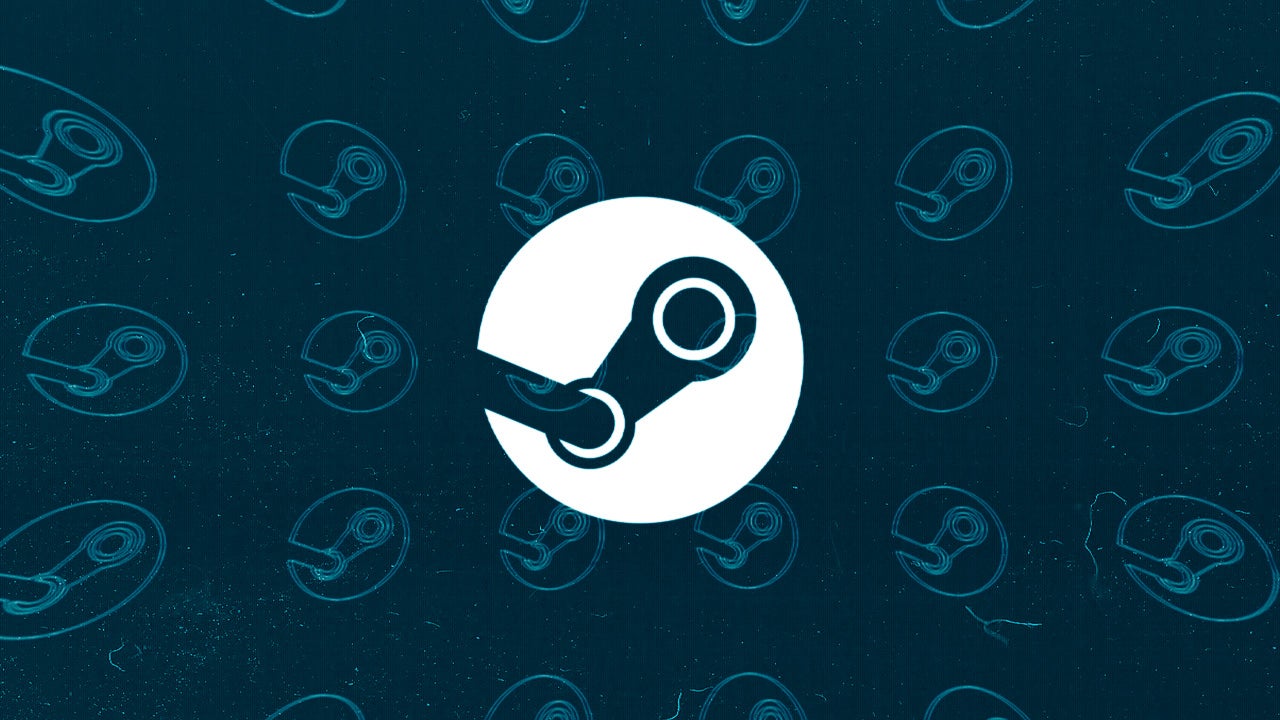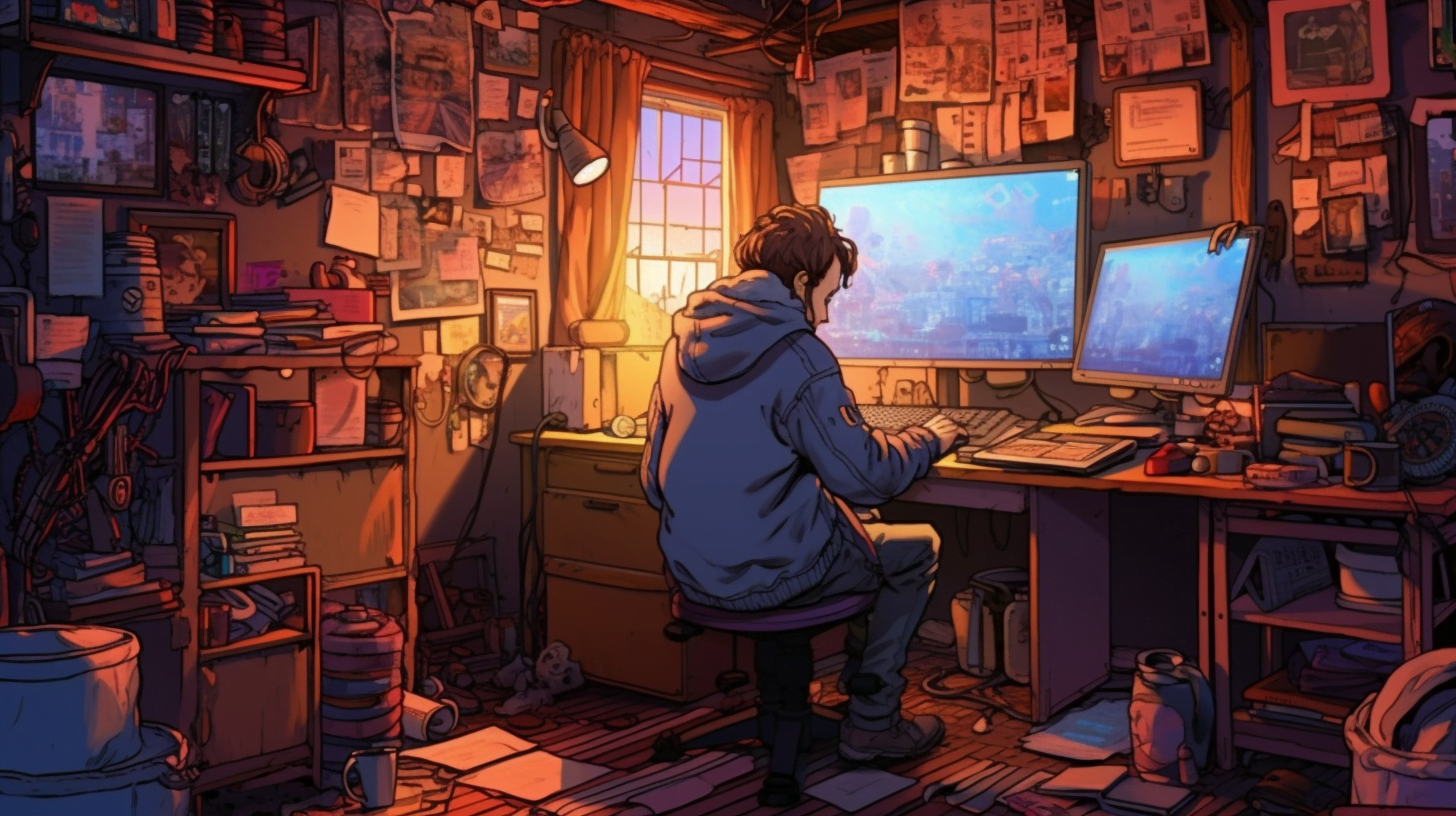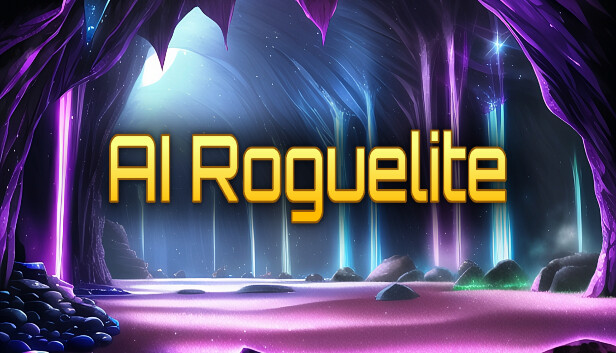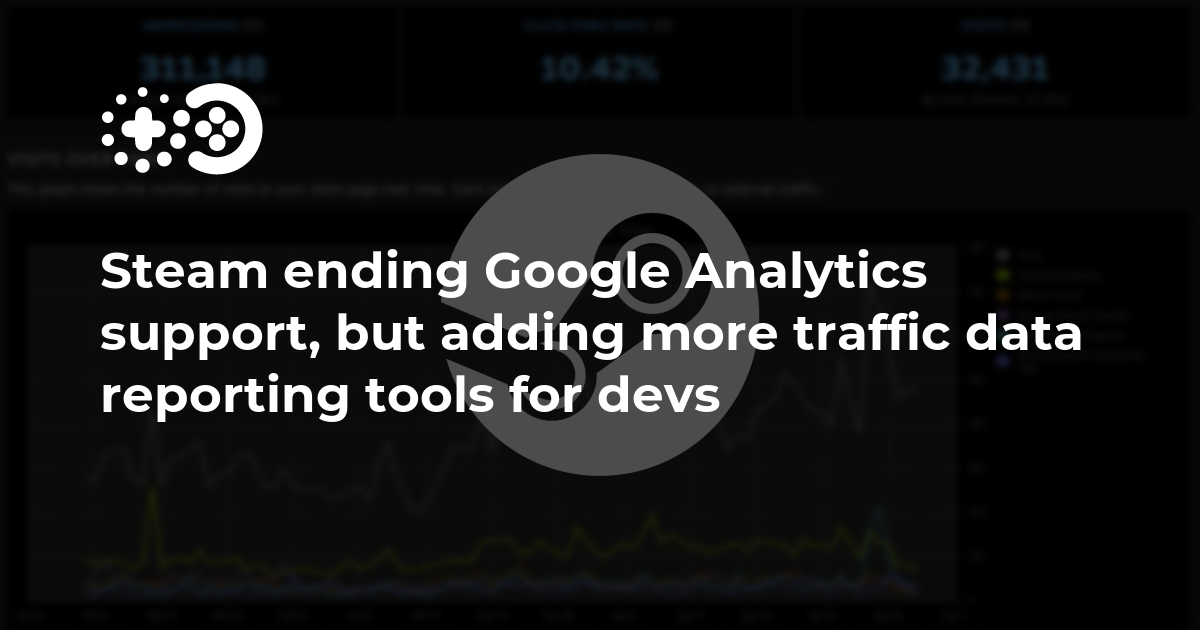Valve Supports AI-Generated Steam Content: Embracing the Future of Game Development
In a surprising move, Valve, one of the leading game distribution platforms, has silently implemented a new policy regarding AI-generated art. The policy came to light when a Reddit user, potterharry97, shared their experience of having a game banned by Valve due to the murkiness surrounding the legal ownership of AI-generated assets. This incident has sparked a heated discussion within the AI game development community and on social media platforms.
The Story Unveiled: Potterharry97’s Encounter with Valve

Potterharry97 claims that they submitted a game to Valve, which prominently featured AI-generated assets. They brought this to the attention of the AI game development subreddit and Twitter community. While the Reddit post was initially made on June 3, it gained traction on Twitter only recently. According to potterharry97, Valve responded to their submission with a statement emphasizing the necessity of owning rights to the data set used to train the AI for asset creation. Failure to prove ownership resulted in an outright ban on the game.
A Question of Rights: Valve’s Stance on AI-Generated Assets
Valve’s response suggests a cautious approach towards AI-generated assets. They demanded that the game developer provides evidence of owning the intellectual property rights for the data set used to train the AI. Although potterharry97 claimed to have manually improved the AI-generated pieces, Valve still rejected the game, citing uncertainty about the underlying AI technology’s rights to the training data. Valve, seemingly aware of potential legal complications, took a preventive stance to safeguard itself.
The Fallout: Potterharry97 Explores Other Options

Potterharry97 revealed that Valve made an exception regarding app credits and offered them the opportunity to publish a revised game that adhered to Valve’s guidelines at no extra cost. However, the Reddit user expressed their decision to explore alternate platforms, such as Itch.io, to avoid being associated with the banned game. The game itself, unfortunately, remains unnamed, leaving the details open to speculation.
The Implications for AI in Game Development
If Valve did indeed ban the game due to AI-generated assets, it sets a precedent that may have a significant impact on developers looking to utilize AI for asset creation. Valve’s proactive approach suggests they anticipate potential legal hurdles if AI-generated assets are found to infringe existing intellectual property and copyright laws. One commenter on the AI game development subreddit highlighted the risk of severe liability for copyright violations, potentially surpassing the company’s worth.
Community and Industry Insights

The AI game development subreddit became a hub for discussions surrounding Valve’s actions. Multiple users expressed concerns and voiced their opinions, doubting the sustainability of such a policy for Steam. With Steam already inundated with an average of 34 new games daily, some argued that this ban on AI-generated content might become an overwhelming burden for the platform.
The Revelations: A Different Perspective
Potterharry97 admitted to feeling perplexed by Valve’s response to their game. One commenter pointed out that the rejection occurred because the assets were not proven to have clear legal usage rights. Instead of addressing the issue, potterharry97 attempted to disguise the AI-generated assets, ultimately leading to the game’s rejection. This perspective sheds new light on the situation, emphasizing the importance of transparency and following the rules set by platforms like Valve.
Valve’s Silence and Potentially False Claims

As the controversy unfolded, various Twitter users urged Valve to release an official statement clarifying its stance on AI-generated assets. However, Valve has remained silent on the matter, leaving room for speculation and uncertainty. Additionally, the authenticity of the messages allegedly exchanged between Valve and potterharry97 has yet to be verified by reliable sources.
Seeking Confirmation: Dot Esports Reaches Out
In order to shed light on the situation, Dot Esports has contacted both Valve and potterharry97 for comments and to verify the legitimacy of the messages attributed to Valve. Their response could provide further insight into Valve’s policy and intentions regarding AI-generated content.
The Future: Valve and the Evolution of AI in Game Development

Valve’s alleged ban on AI-generated content showcases their cautious approach towards potential legal risks and their commitment to maintaining a platform that adheres to copyright and intellectual property laws. This incident signals a turning point in the use of AI in game development, necessitating developers to consider the legal aspects of AI-generated assets. As the industry continues to evolve, collaboration between game developers, AI technologists, and platforms like Valve will be crucial in shaping the future of AI-driven game experiences.
Conclusion

Valve’s purported ban on games featuring AI-generated assets has triggered widespread discussions and debates within the gaming community. While the authenticity of the claims and the extent of Valve’s policy remain uncertain, the incident highlights the legal challenges associated with AI in game development. This development urges developers to be mindful of intellectual property rights and to engage in transparent practices when utilizing AI-generated assets. As the industry progresses, embracing AI while ensuring legal compliance will be essential for both developers and platforms like Valve.
FAQs
1. Can AI-generated assets be used without permission in games?
No, the use of AI-generated assets without proper ownership or permission can potentially infringe upon existing intellectual property rights and copyright laws. Developers must ensure they have the necessary rights to the data set used to train the AI.
2. Is Valve’s ban on AI-generated content permanent?
Valve’s specific policy on AI-generated content remains unverified, as the company has not released an official statement. It is uncertain whether the ban is permanent or if Valve will revise their stance on these assets in the future.
3. What does this incident mean for the future of AI in game development?
This incident signifies a crucial moment for AI in game development. Developers must navigate the legal landscape and ensure they have the appropriate rights for AI-generated assets. Collaboration between developers, AI technologists, and platforms like Valve will shape the future of AI in gaming.
4. Are there any alternative platforms for developers interested in AI-generated assets?
Yes, other platforms like Itch.io provide alternatives for developers looking to utilize AI-generated assets in their games. By exploring various platforms, developers can find the best fit for their projects while complying with platform guidelines and legal requirements.
5. Does Valve’s response indicate a fear of legal repercussions?
Valve’s cautious response suggests a proactive approach to avoid potential legal challenges related to AI-generated assets. By demanding proof of ownership, Valve aims to protect itself and ensure compliance with intellectual property and copyright laws.

